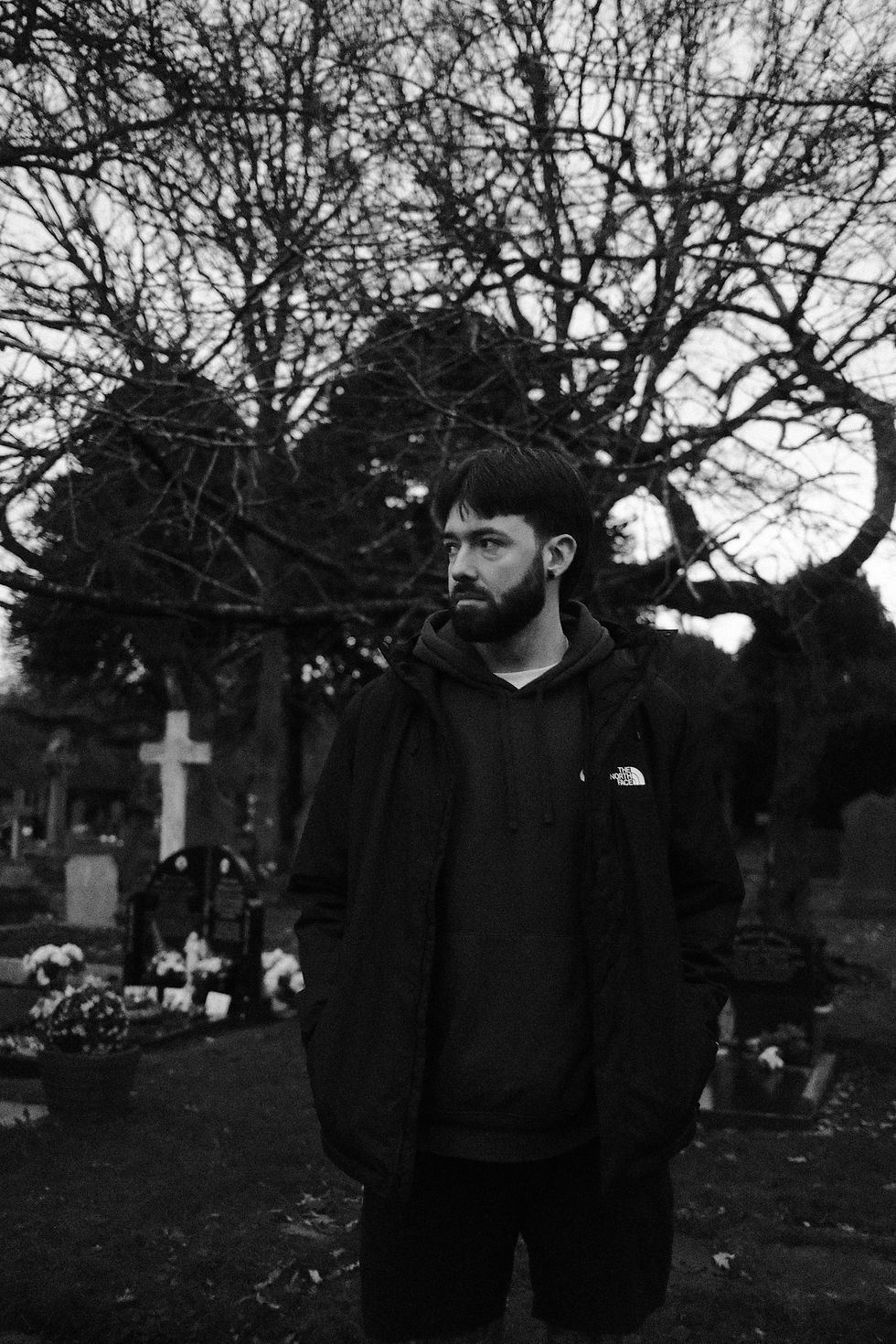Adub Nati Confronts Faith, Race, and Redemption on Bold New Project "Righteous Black Eyes"
- Mischa Plouffe

- Aug 6, 2025
- 2 min read

In a genre often clouded by ego and flash, Adub Nati is cutting through the noise with something much rarer: truth. The Houston-born, Cincinnati-raised emcee delivers it raw on Righteous Black Eyes. This project challenges the expectations of Christian hip-hop while carving out space for Black Christians who rarely see their full experience reflected in the music.
Born to West Indian parents from St. Kitts and Nevis, Adub Nati (real name Alrick L.J. Warner) approaches each verse with cultural precision and lived experience. But this isn't sermon rap. It's deeply personal, sometimes gut-wrenching, and always honest. Righteous Black Eyes explores what it means to walk in faith while being Black in a world that often weaponizes both your skin and your belief system.
The project plays like a spiritual reckoning. Adub confronts the church's silence on racism, wrestles with doubt, and calls out religious performativity without flinching. It's for the believers who still have questions, and the skeptics who still crave meaning. Songs move between confession and conviction, pulling no punches and sparing no truth.
At its core, Righteous Black Eyes is about resilience. Adub isn't trying to be perfect; he's trying to be real. The kind of real that forces listeners to sit with discomfort and, hopefully, grow from it. With sharp lyricism, tight production, and an unwavering message, the album doesn't preach from a pulpit. It speaks from the trenches.
This is conscious rap rooted in gospel but built for those navigating spiritual war zones. It's not about saving souls through spectacle, but about reclaiming faith from the margins. For Adub Nati, this isn't just music, it's a mission. No gimmicks. No plan B. Just conviction, craft, and a call to wake up.
What inspired you to center this album around the Black Christian experience specifically?
What inspired me is the dire state that my black community, or black Christian community, is in.
Do you ever feel tension between your faith and the hip-hop industry as it stands today?
I feel the hip-hop industry in general is in direct opposition to my faith, so there's a lot of tension there, seen or unseen, no love lost. Ultimately, I am directly bringing harm to my community.
How do your Caribbean roots show up in your music, if at all?
I believe my Caribbean roots and African American experience share a common thread in the importance of education, spirituality, and self-sufficiency.
What does the title Righteous Black Eyes mean to you personally?
This points to the upstanding people whom I believe God chose, despite not being identified as such, and who endured struggles, persecution, and tribulation because of it.
What's one thing you hope listeners question or rethink after hearing the album?
Is the adage "By any means necessary" beneficial? Can people in general succeed/advance without Christ?


